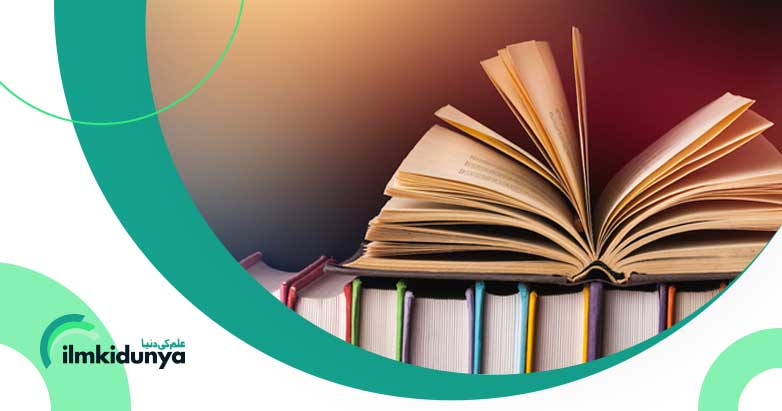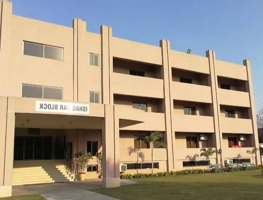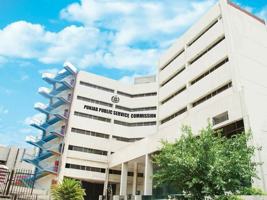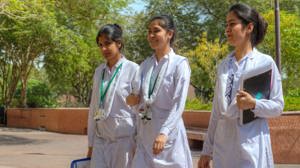.jpg)
In a significant move aimed at aligning students with modern requirements of the job and practical fields, the National Curriculum Council has decided to introduce new subjects for ninth to twelfth classes after a gap of 28 years under the national curriculum. This initiative, undertaken by the Council, seeks to provide students with a broader spectrum of learning opportunities, equipping them with skills relevant to modern society. For this the National Curriculum Council has introduced numerous beneficial subjects in the curriculum of all four 9th, 10th, 11th and 12th classes. You’ll get to know more about this significant development below from this page.
Changes in Curriculum After a Long Gap
Director of the National Curriculum Council, Dr. Maryam Chughtai, emphasized the necessity of this refurbishment, quoting the outdatedness of the curriculum which had not been updated since 2006 for compulsory subjects and 1995 for optional subjects. Recognizing the imperative to keep pace with evolving educational needs, the Council embarked on a comprehensive review to modernize the curriculum.
Implementation of New Curriculum Across Pakistan
Under the new framework, provinces including Sindh, Punjab, Balochistan, and Khyber Pakhtunkhwa will gradually implement the revised curriculum. Dr. Chughtai also outlined the phased approach, indicating that Sindh will be the first province to adopt the updated curriculum for optional subjects for the ninth and eleventh classes this year (2024), with plans to extend it to the tenth and twelfth classes by the year 2025.
Subjects Included in the Revised Curriculum
Despite financial constraints, the Council has managed to undertake the comprehensive upgrade of 83 subjects (technical and elective subjects both), demonstrating its commitment to educational reform. Dr. Chughtai highlighted the significance of this initiative in ensuring that students are equipped with relevant knowledge and skills to navigate the challenges of the modern world.

Technical and Elective Subjects
This revised curriculum encompasses a diverse array of subjects, catering to varied interests and career paths. Technical education subjects such as medical technology, fashion designing, graphic designing, and hospitality management are among the additions, providing students with practical skills and vocational knowledge essential for the current job market. In addition to technical subjects, a wide range of new elective subjects has been introduced, covering areas such as English literature, psychology, sociology, economics, and languages including French, German, Persian, and Arabic. These elective courses aim to nurture students' interests and broaden their intellectual horizons.
Goal of this Refurbished Curriculum
The introduction of new subjects in the secondary and intermediate curriculum marks a significant milestone in the ongoing efforts to modernize education in Pakistan. By providing students with a more diversified and relevant learning experience, the revised curriculum seeks to empower the youth and prepare them for success in the dynamic global landscape. As provinces begin the phased implementation of these changes, the future of education in Pakistan looks poised for innovation and progress.










.jpg)




